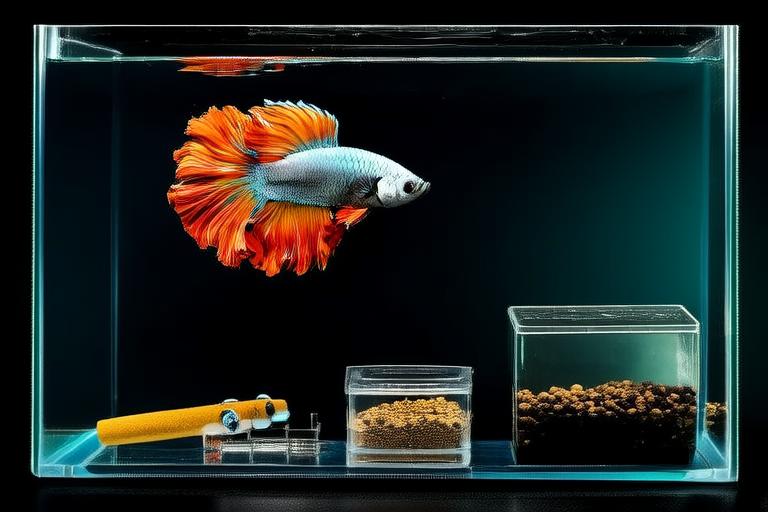The Ultimate Betta Food Guide: What, When, and How Much?
Introduction
Welcome to the ultimate guide on betta fish nutrition! Proper feeding is crucial for the health and longevity of your betta. This guide covers everything from types of food suitable for bettas to recommended feeding schedules and portion control tips.
Types of Food Suitable for Bettas
Bettas are carnivorous by nature and require a high-protein diet. The primary foods for bettas include:
- Dry Pellets: These are convenient and come in various sizes, ensuring that even small bettas can eat them. They are available in flakes, pellets, and sticks.
- Frozen Foods: These include bloodworms, brine shrimp, and daphnia, which provide essential nutrients and mimic natural prey.
- Live Foods: Live foods like mosquito larvae and daphnia can be beneficial but should be used sparingly due to potential contamination risks.
- HOMEMADE FOODS: Homemade betta food can be made from boiled egg yolk, blanched peas, or beef heart. However, these should be prepared carefully to avoid introducing harmful bacteria.
Recommended Feeding Schedules
Feeding bettas once or twice daily is sufficient. Overfeeding can lead to obesity and poor water quality. Here’s a suggested feeding schedule:
- Adult Bettas: Feed once a day with enough food to be consumed within two minutes.
- Fry: Feed several times a day with smaller portions to ensure they grow properly.
Portion Control Tips
Overfeeding is a common mistake. Follow these tips to maintain proper portion control:
- Observe your betta closely during feeding. Stop feeding when they show signs of fullness.
- Use a feeding ring or target feeder to limit the amount of food you add to the tank.
- Remove uneaten food after five minutes to prevent it from polluting the water.
Nutritional Needs of Bettas
Bettas need a balanced diet rich in proteins, fats, and carbohydrates. Essential vitamins and minerals also play a role in their overall health. Commercial foods often contain these nutrients, but homemade foods may lack some vital components.
Common Feeding Mistakes to Avoid
Avoid overfeeding, using contaminated live foods, and skipping meals. These practices can lead to health issues such as constipation, bloating, and malnutrition.
Dietary Requirements at Different Life Stages
Bettas have varying dietary needs throughout their lives:
- Fry: Fry require frequent feedings with small, easily digestible foods like infusoria or specially formulated fry food.
- Juvenile: Juveniles need more protein-rich foods to support growth.
- Adult: Adults benefit from a varied diet that includes both dry and frozen foods.
Homemade vs. Commercial Food Options
Commercial foods offer convenience and balanced nutrition. Homemade foods can be tailored to specific dietary needs but require careful preparation to avoid contamination.
Potential Health Issues Due to Improper Diet
